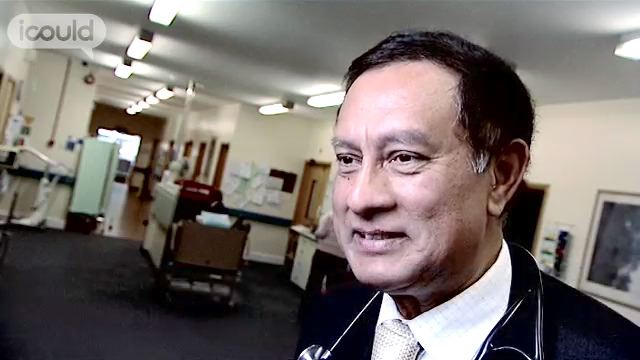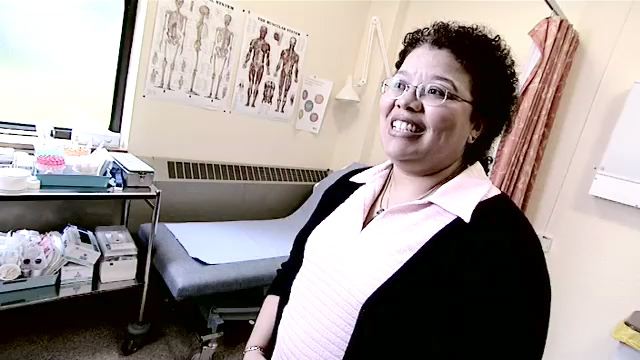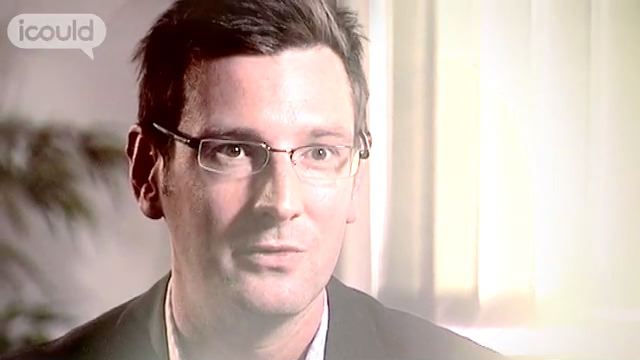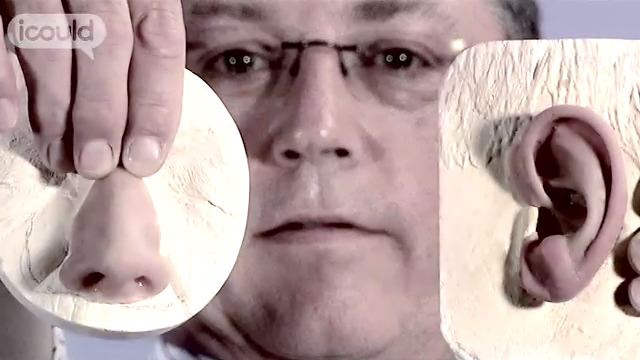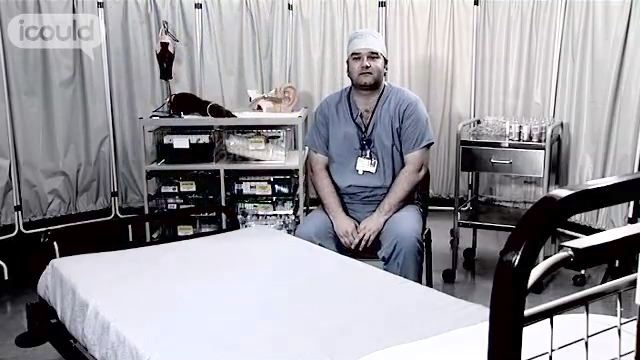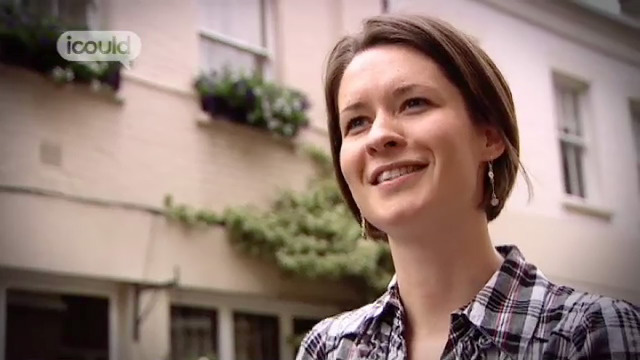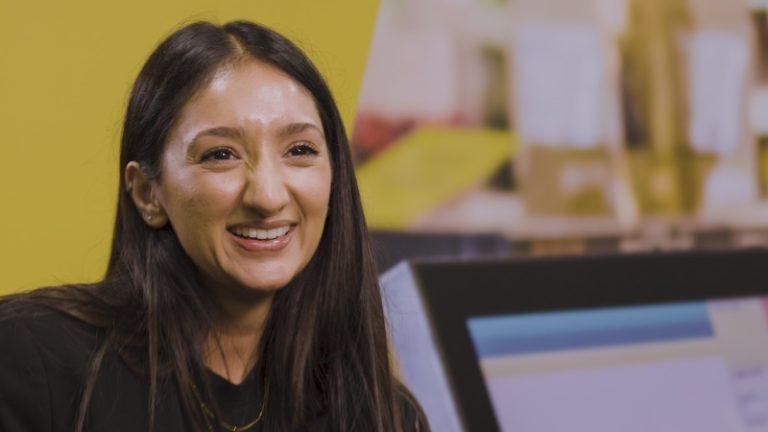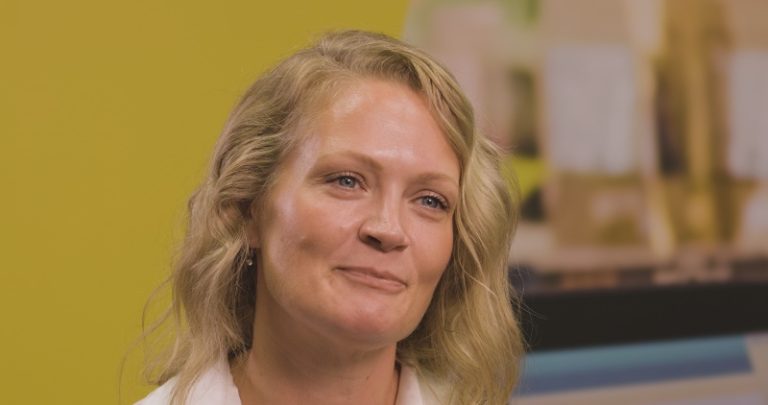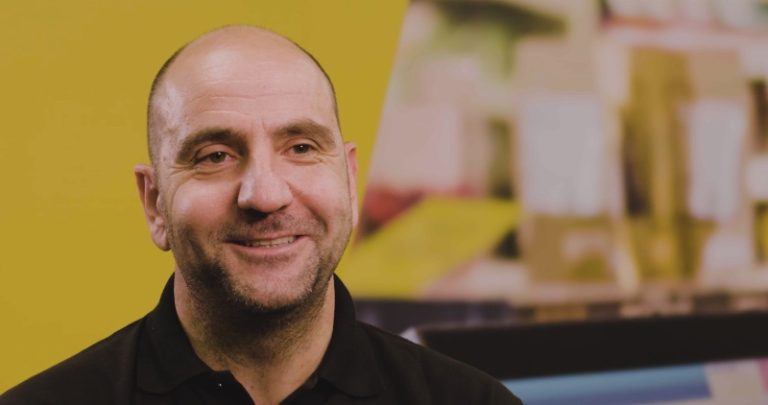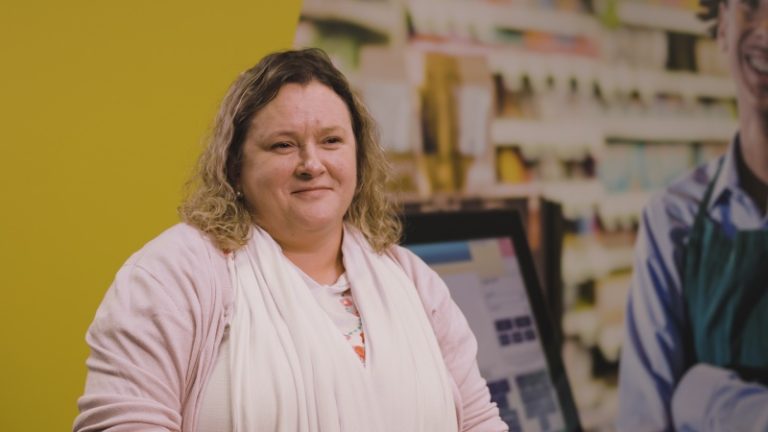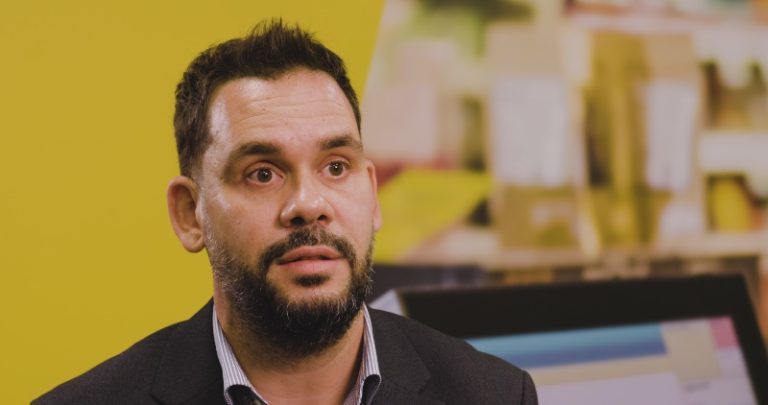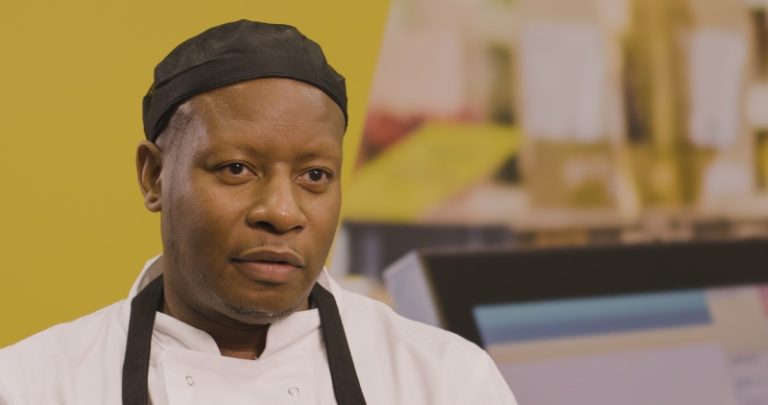Explore: Persevering
Consultant Child Psychiatrist
Avon & Wiltshire Mental Health Partnership NHS Trust
info Issues viewing the video?
| Ben
Child Psychiatrist |
|
| 00:07 | I am a child psychiatrist, so that, that means that I work with young people under the age of 18 who have mental health difficulties. |
| 00:18 | So, when I say mental health difficulties, that’s a huge range of problems that some people can have, so I might be seeing young people who are depressed and low in mood who might have taken overdoses or self-harmed. I see lots of young people with anxiety difficulties, other issues, such as autism and ADHD. I also see young people with serious mental health conditions, such as psychosis or schizophrenia and also a lot of eating disorders. So, I see a lot of young people up to the age of 18, as young as 4 or 5, with a range of mental health problems. |
| 01:04 | After school, I went to medical school for 6 years, er, and qualified as a doctor, and then having qualified I spent 2 years doing a lot of different doctor jobs as a junior doctor, which is what all doctors do when they first qualify, and then you choose your speciality, and I chose psychiatry, but I’d also enjoyed paediatrics when I was working, and so I started in psychiatry seeing young people all the way up to the elderly, and decided, after a number of years of doing general psychiatry that I would specialise in just working with young people under 18 and their families. |
| 01:45 | A lot of exams on the way, some of which I failed and had to retake, so one thing I’d say: Don’t always worry about failing exams, you can always go back. |
| 01:55 | So, to become a psychiatrist, you have to go and do medicine and the kind of things you need to take at A-Level are chemistry, biology and physics, erm, but you don’t have to be a doctor and a psychiatrist to work in mental health, children’s mental health or any mental health. I work in a team, I lead a team, but we have nurses, general mental health professionals, social workers, so it’s a broad range of people who work in here. Erm, you don’t have to be a, a doctor, there’s lots of other avenues and ways of getting into mental health working. |
| 02:34 | I find working with young people and their families who have mental health difficulties extremely rewarding. If we can help the young person at a young age improve in some, or to some extent, then in the long run, the trajectory of their life can make, er, a huge difference, and that can be very satisfying. I know how many young people and families are suffering from mental health difficulties, it’s an ever-increasing problem for people and I want to be able to work in a team that’s able to support people as best as, as possible. I’d like to hope there’s some better understanding, just like someone who has a broken leg, it’s not their fault, someone who has mental health difficulties, again, it’s not their fault. They need their, they need our support er and guidance, erm, just like anyone coming into any hospital for any reason. |
| 03:33 | Finally, I suppose I would say if you wanted to work in mental health, I think there’s a couple of things that are really important. One, you’ve got to be a good listener and listen to peoples’ difficulties, and again, you’ve got to have a lot of empathy for people and the hardships they face and the struggles they go through, erm, and you have to find ways to identify with that and help. |
| 03:58 | Voiceover: If you’ve been affected by any of the issues mentioned in this film and would like to talk to someone, please contact Childline on 0800 1111 or Childline.org.uk. |
| 04:20 | END OF TRANSCRIPTION |
“Don’t always worry about failing exams, you can always go back.” Ben works with young people who have mental health difficulties. He qualified as a doctor, before choosing to specialise in psychiatry, and then child psychiatry – retaking some exams along the way.
More information about Generalist medical practitioners
Data powered by LMI For All
£60,320
average salary
The UK average salary is £29,813
42
average weekly hoursThere are 37.5 hours in the average working week
45%
male
55%
female
The UK workforce is 47% female and 53% male
Future employment
Future employment
Description
Generalist medical practitioners diagnose mental and physical injuries, disorders and diseases, prescribe and give treatment, recommend preventative action, and conduct medical education and research activities. They work in hospitals or in general practice and, where necessary, refer the patient to a specialist.
Qualifications
Entrants require a university degree from a medical school recognised by the General Medical Council followed by two years of pre-registration training as a house officer. Some medical schools operate graduate entry schemes. Once the pre-registration period as house officer is completed, further postgraduate training in a general practice training programme is completed
Tasks
- Examines patient, arranges for any necessary x-rays or other tests and interprets results
- Diagnoses condition and prescribes and/or administers appropriate treatment
- Administers medical tests and inoculations against communicable diseases
- Supervises patient’s progress and advises on diet, exercise and other preventative action
- Refers patient to specialist where necessary and liaises with specialist
- Prepares and delivers lectures, undertakes research, and conducts and participates in clinical trials
- Supervises the implementation of care and treatment plans by other healthcare providers
Employment by region
Top 10 industries for this job
Health
144742
Public admin. & defence
10096
Education
6012
Services to buildings
4578
Membership organisations
3953
Real estate
3373
Office admin.
3171
Social work
2052
Sport & recreation
1840
Sale of motor vehicles
1743
Employment status
Related career stories
⇦
⇨
